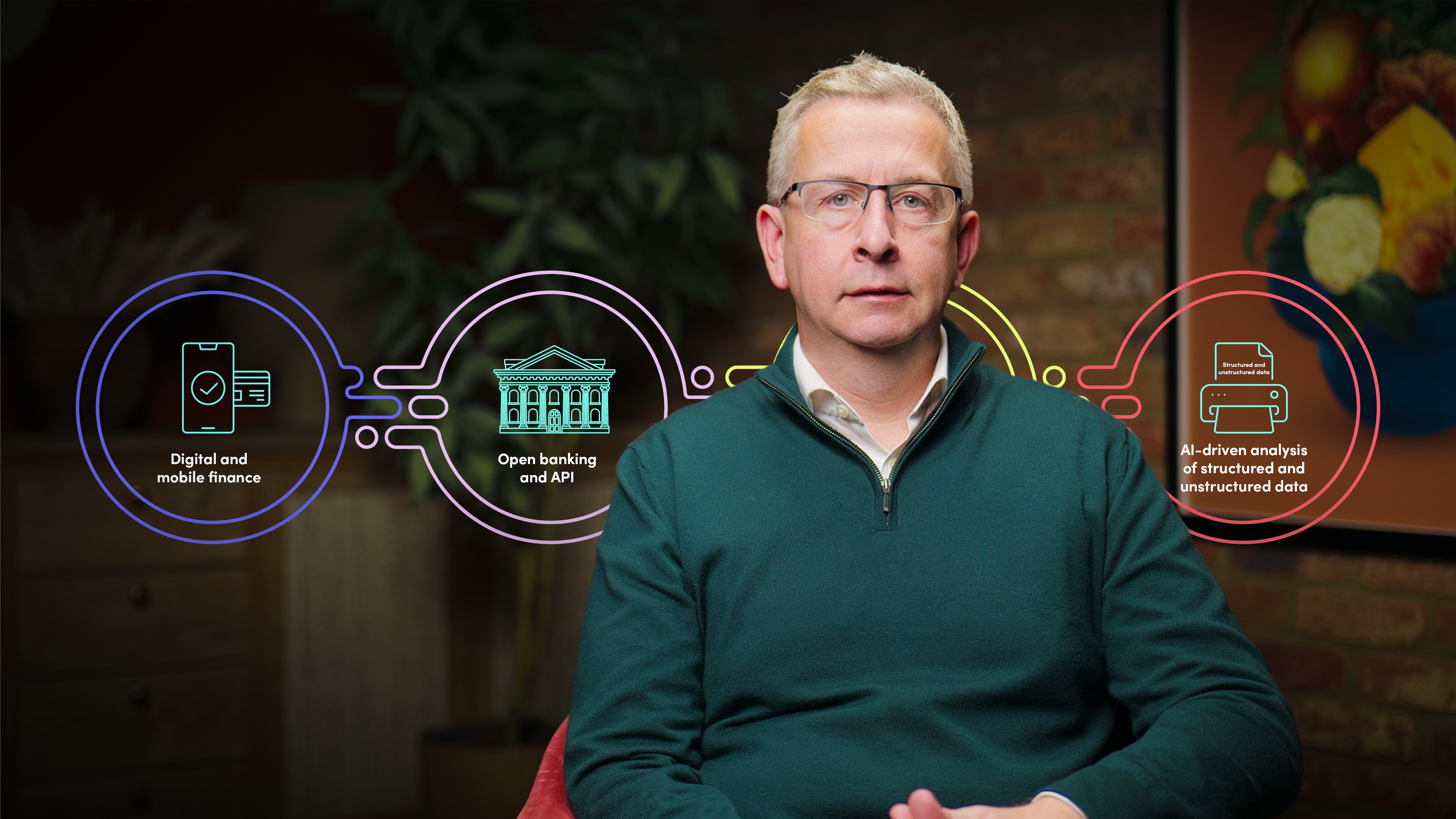
Green and Sustainable Fintech I

Simon Thompson
Managing Director and Author
Over the past decade, digital, data-driven and internet enabled technologies have transformed many aspects of financial services. In this video, Simon will look both at the benefits of applying FinTech to green and sustainable finance, and also at some of the challenges to be overcome.
Over the past decade, digital, data-driven and internet enabled technologies have transformed many aspects of financial services. In this video, Simon will look both at the benefits of applying FinTech to green and sustainable finance, and also at some of the challenges to be overcome.
Subscribe to watch
Access this and all of the content on our platform by signing up for a 7-day free trial.

Green and Sustainable Fintech I
10 mins 22 secs
Key learning objectives:
Explain the uses and benefits of FinTech tools in promoting G&S development
Identify some real-world examples of the impact of FinTech
Discuss the many costs and challenges to overcome
Overview:
G&S FinTech involves the application of FinTech tools and techniques to retail financial services, corporate banking, capital markets and blockchains to accelerate the growth of green and sustainable development. However, like any new ideas, there are challenges and costs associated with this.
Subscribe to watch
Access this and all of the content on our platform by signing up for a 7-day free trial.
- Improving access to, and lowering costs of delivering financial services
- This is clearly demonstrated by the availability of financial services via smartphones. This ensures that a greater number of individuals and smaller businesses can access microfinance and insurance to invest in climate mitigation/adaptation activities. In the case of lowering costs, OKO, for example, combines digital and mobile distribution with new technologies in satellite imagery to create low-cost crop insurance for smallholder farms in Africa.
- Improving risk management
- Access to, and the ability to analyse, large and complex climate data and emissions tracking makes it easier for financial institutions to identify, assess, manage, disclose and price climate-related financial risk. For example, Carbon Delta helps investors assess and price ‘climate value at risk’.
- Enhancing transparency and market integrity
- Monitoring and verifying environmental investments. The availability of this from satellites and drones makes the verification and publication of this impact data more robust, cheaper and more widely accessible. For example, the Green Assets Wallet, developed by Stockholm Green Digital Finance, provides a system for the validation of green investments from automated data feeds and emissions sensors.
- Promoting more sustainable consumer and investor behaviour
- Payment services that track customer spending behaviour can “nudge” consumers towards more sustainable consumption. For example, Ant Forest, combines behavioural nudges with gamification to reduce carbon emissions and increase reforestation. Users gain carbon points for i.e. using public transport which is converted into ‘green energy’, and in turn used to grow trees.
- Improving access to financial markets
- FinTech tools and techniques (digital platforms) can reduce the cost of issuing bonds and other securities, making it easier for smaller businesses and projects to receive funding. For example, in 2019, BBVA issued a 6-year, 35 million Euro green bond using an in-house private blockchain platform. The platform allows clients to choose between product configuration options in an entirely digital process, reducing costs and time.
Subscribe to watch
Access this and all of the content on our platform by signing up for a 7-day free trial.

Simon Thompson
There are no available Videos from "Simon Thompson"





























